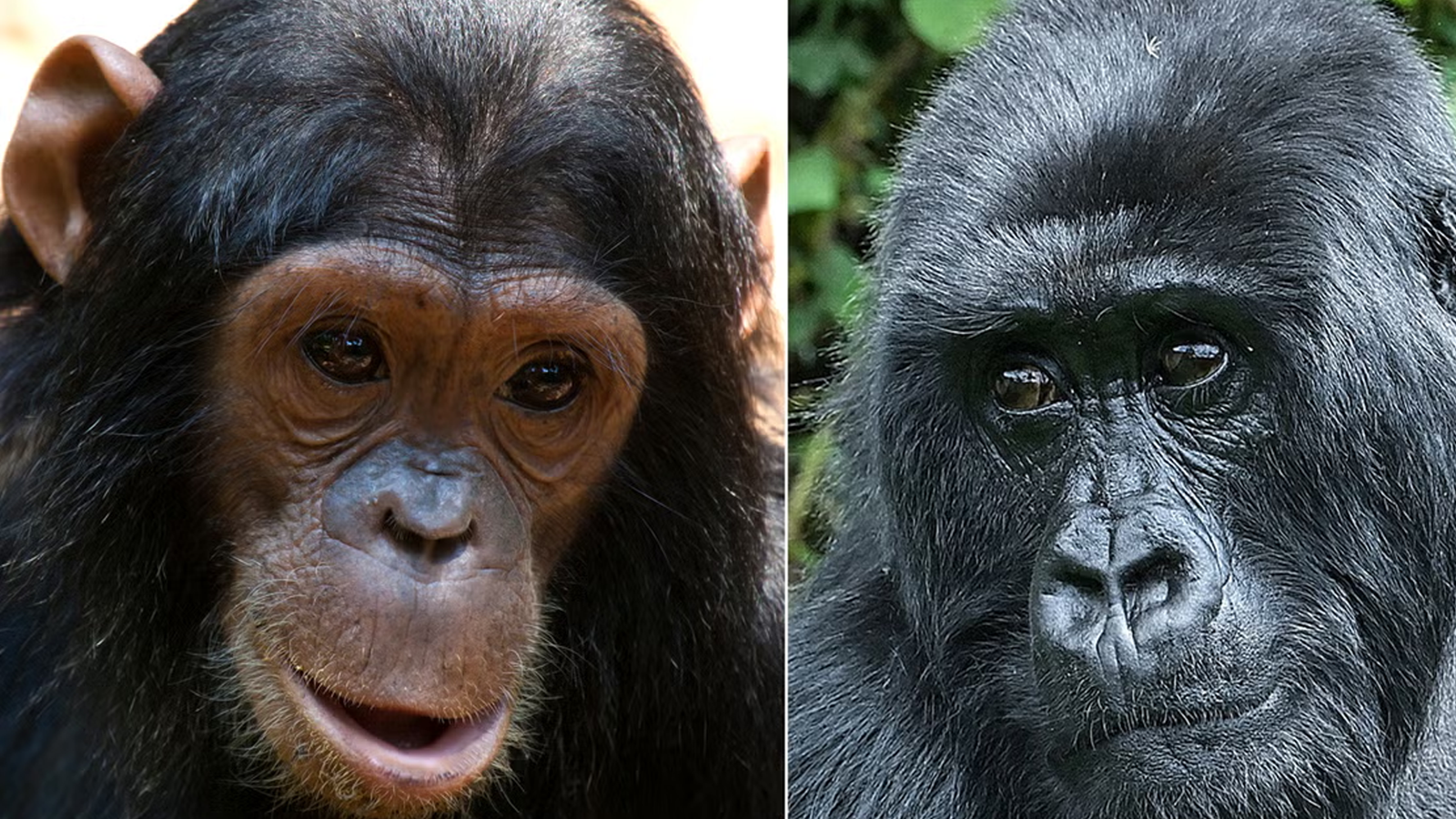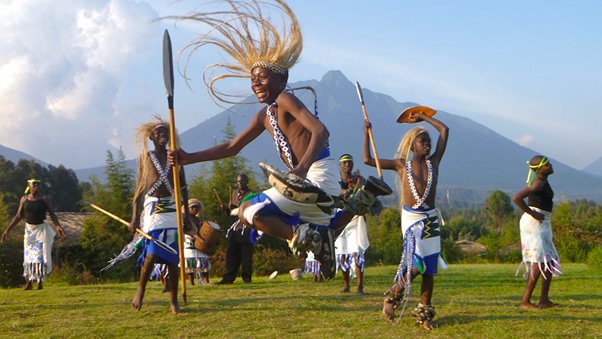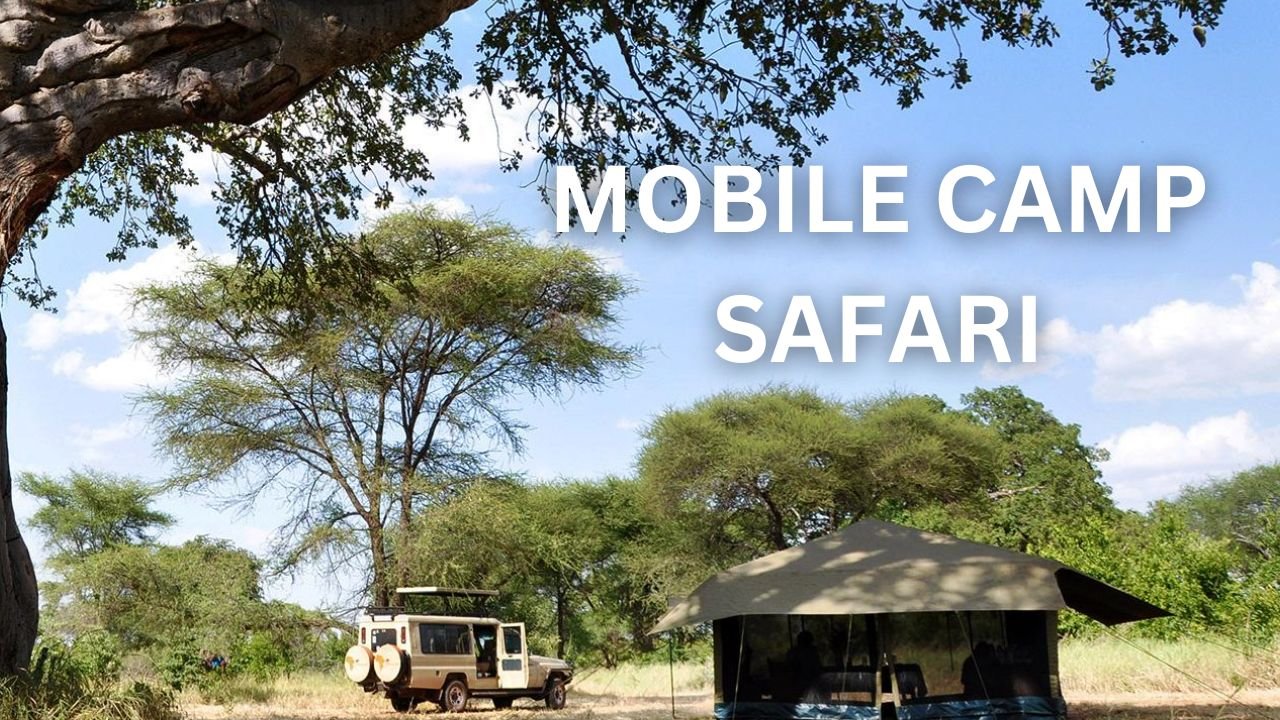Price of Lion Tracking in Queen Elizabeth National Park
Queen Elizabeth National Park is a renowned national park located in southwestern Uganda. It is known for its diverse wildlife, including a healthy population of lions. Queen Elizabeth National Park offers visitors the opportunity to participate in lion tracking experiences to observe these majestic creatures up close, a breathtaking wildlife sanctuary nestled in the heart of Uganda.
Lion tracking experience
Lion tracking in Queen Elizabeth national park costs 100 USD for foreign non residents, 80 USD for foreign residents and 100,000 Uganda shillings for Ugandans. Imagine traversing the vast grasslands and dense woodlands, accompanied by experienced guides and trackers who possess an intimate knowledge of the park and its inhabitants. With their expertise, you’ll embark on an enthralling quest to locate these magnificent predators, relying on subtle clues and the untamed pulse of the African wilderness. Tracking lions in their natural habitat is an awe-inspiring experience that reveals the intricate dynamics of their social structures and their remarkable hunting prowess. As you venture deeper into their domain, you’ll witness their graceful movements, hear their thunderous roars, and marvel at their commanding presence. Your heart will race with anticipation as you follow in the footsteps of these iconic creatures, observing them from the safety of a safari vehicle. Their regal forms emerge from the golden grasses, allowing you to witness intimate moments of their lives—perhaps a mother nurturing her playful cubs, or a pride asserting its dominance over the vast plains. Beyond the lions, Queen Elizabeth National Park boasts a wealth of wildlife, including elephants, buffalos, leopards, hippos, and a myriad of bird species. The captivating beauty of the landscape, with its sprawling savannahs, winding rivers, and picturesque crater lakes, adds to the grandeur of this remarkable safari experience. Whether you are a wildlife enthusiast, a nature lover, or an adventurer seeking an unforgettable encounter, lion trekking in Queen Elizabeth National Park is an opportunity to connect with the untamed spirit of Africa. Let the rhythms of the wild guide you as you embark on a thrilling quest into the heart of the lion’s kingdom, leaving you with memories that will last a lifetime. During a lion trekking safari, visitors are typically accompanied by experienced guides and trackers who are familiar with the park and its lion populations. The guides use their expertise to track the lions, locating them based on recent sightings or other signs such as fresh tracks, vocalizations, or evidence of recent kills. Once the lions are located, visitors can observe them from a safe distance within the confines of a safari vehicle. It’s important to maintain a respectful distance and follow the instructions of the guides to ensure the safety of both visitors and the lions. Lion trekking provides a unique opportunity to witness the behavior and interactions of these powerful predators in their natural environment. It is important to note that the availability and regulations of lion trekking experiences may vary, so it’s advisable to check with the park authorities or Jewel Safaris for the most up-to-date information on lion trekking opportunities in Queen Elizabeth National Park. Additionally, please remember that wildlife encounters can be unpredictable, and the sighting of specific animals cannot be guaranteed. Nevertheless, Queen Elizabeth National Park is known for its diverse wildlife, so even if lion sightings are not guaranteed, you are likely to have a memorable and rewarding safari experience. Before planning a visit to Queen Elizabeth National Park for lion tracking, here are some important things to know:Timing and Season:
Consider the best time to visit the park. The dry seasons, from June to August and December to February, are generally recommended for wildlife viewing, including lion tracking. During these periods, the animals tend to gather around water sources, making them easier to spot. Permits and Regulations: Check if a specific permit is required for lion tracking in the park. Contact the park authorities or us to obtain the necessary permits and understand any regulations or guidelines you need to follow during the activity.Accommodation around Queen Elizabeth national park:
When visiting Queen Elizabeth National Park for lion tracking, there are several accommodation options available to suit different preferences and budgets. Here are some popular choices:- Luxury Lodges: There are luxurious lodges within or near the park that offer high-end accommodations with top-notch amenities. These lodges often provide spacious rooms or private cottages, gourmet dining options, swimming pools, spa facilities, and stunning views of the park. Examples include Mweya Safari Lodge, Kyambura Gorge Lodge, and Ishasha Wilderness Camp.
- Mid-Range Lodges: Mid-range lodges provide comfortable accommodations at a more affordable price. They offer cozy rooms, private bathrooms, and usually have a restaurant and bar on-site. Some popular mid-range lodges in the area include Bush Lodge, Engiri Game Lodge, and Kasenyi Safari Camp.
- Budget-Friendly Campsites: If you prefer a more rustic and adventurous experience, there are budget-friendly campsites available within the park. These campsites provide basic facilities such as shared bathrooms, tents, and cooking areas. They offer a close-to-nature experience and are a great option for those on a tighter budget. Examples include Mweya Hostel, Simba Safari Camp, and Hippo Hill Camp.
- Private Luxury Tented Camps: For a unique and exclusive experience, you can consider staying at private luxury tented camps. These camps offer spacious and well-appointed tents with in-suite bathrooms, comfortable beds, and private verandas. They provide an intimate and immersive safari experience in the heart of the wilderness. Examples include Kyambura Gorge Tented Camp and Ishasha Jungle Lodge.
Transportation:
Determine the best way to reach Queen Elizabeth National Park. The park can be accessed by road from major cities in Uganda, such as Kampala and Entebbe. Alternatively, you can arrange for domestic flights to nearby airstrips and then transfer to the park.Health and Safety:
Consult with your healthcare provider regarding any necessary vaccinations or medications before traveling to Uganda. It’s also recommended to have travel insurance that covers medical emergencies and evacuation. Follow safety guidelines provided by your tour operator and park authorities during lion tracking to ensure a secure experience.Packing Essentials:
Prepare appropriate clothing for both warm and cool weather, as temperatures can vary throughout the day. Don’t forget to bring comfortable walking shoes, sun protection (hat, sunscreen), insect repellent, binoculars, and a camera to capture your memorable encounters.Local Culture and Etiquette:
When visiting Queen Elizabeth National Park, it’s important to respect the local culture and adhere to proper etiquette. Here are some guidelines to keep in mind:- Dress Code: Uganda is a conservative country, so it’s advisable to dress modestly, especially when interacting with local communities outside the park. Avoid wearing revealing clothing or clothing with offensive or provocative slogans. When on safari, comfortable and breathable clothing, including long sleeves and pants, is recommended for protection against the sun and insects.
- Greetings and Politeness: Ugandans generally appreciate greetings and polite interactions. When meeting locals or park staff, it’s customary to greet them with a smile and a handshake. Use respectful language and be mindful of your tone and gestures. Simple phrases in the local language, such as “hello” (jambo) or “thank you” (webale), can go a long way in showing respect and fostering positive interactions.
- Cultural Sensitivity: Uganda is home to diverse ethnic groups, each with its own traditions and customs. Respect the cultural practices and beliefs of the local communities you encounter. Seek permission before taking photographs of individuals, especially in rural areas, and be mindful of their privacy.
- Environmental Stewardship: Queen Elizabeth National Park is a precious natural heritage. Help preserve its beauty by following the principles of responsible tourism. Avoid littering and dispose of waste properly. Minimize your ecological footprint and respect the park’s flora and fauna by not disturbing or removing any plants, animals, or natural resources.
- Wildlife Etiquette: While on a lion tracking safari or any other wildlife experience, it’s essential to prioritize the well-being of the animals and adhere to park regulations. Keep a respectful distance from the animals and follow the instructions of your guides at all times. Refrain from making loud noises, making sudden movements, or feeding the animals, as it can disrupt their natural behavior and may pose risks to both humans and wildlife.
- Community Engagement: Consider engaging with local communities in a respectful and responsible manner. Support local businesses, artisans, and cultural initiatives to contribute to the local economy.



